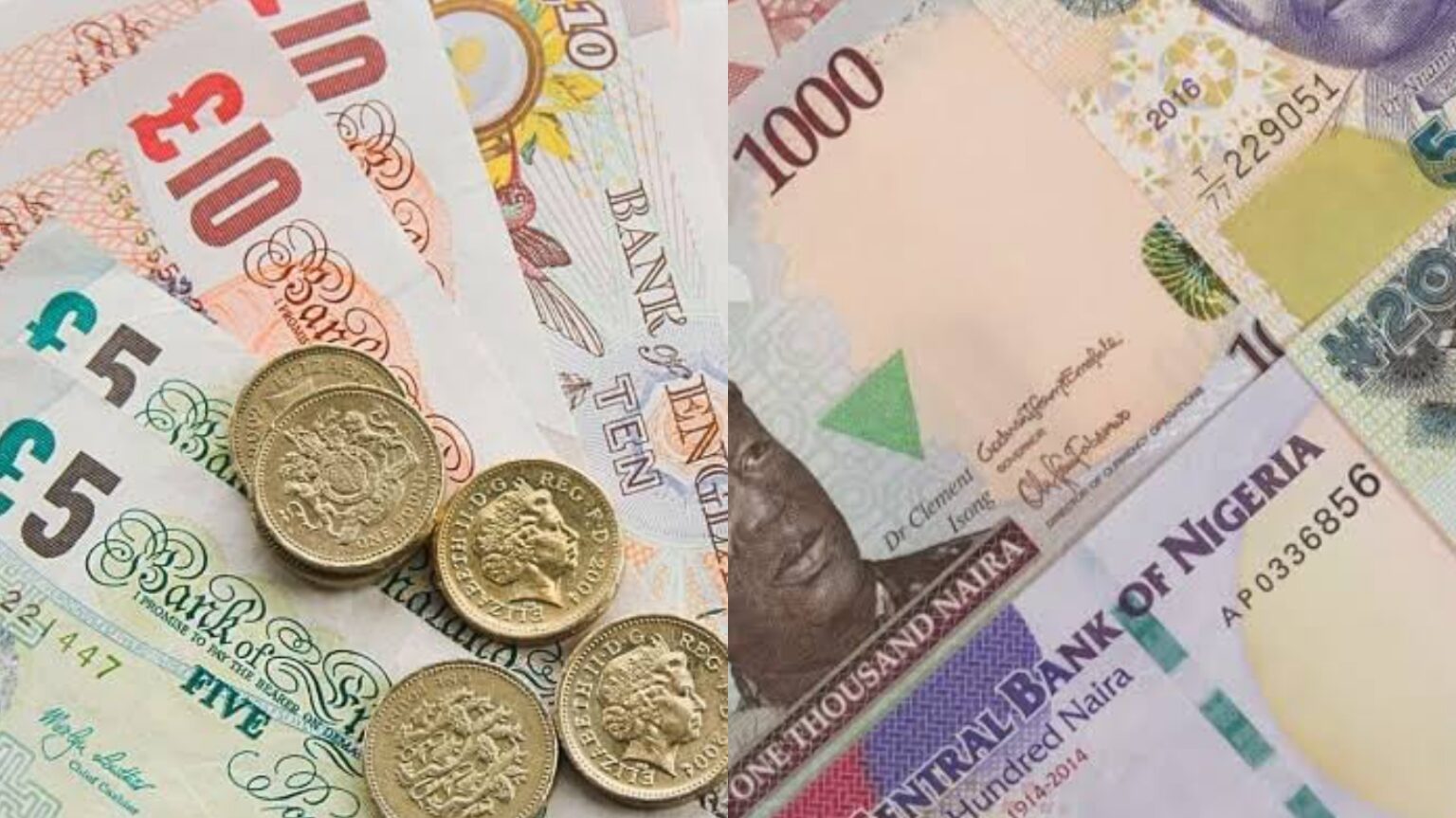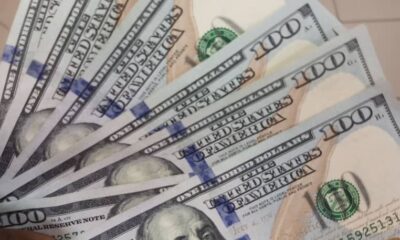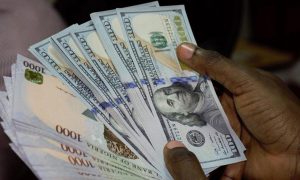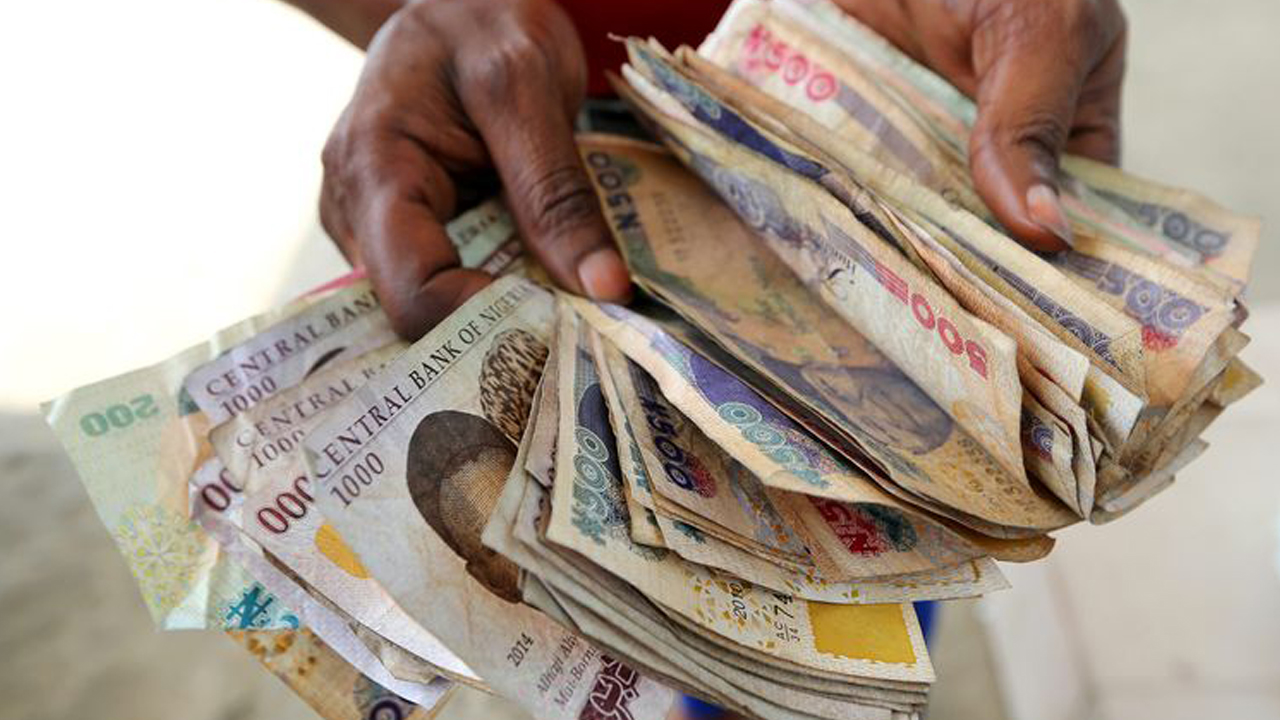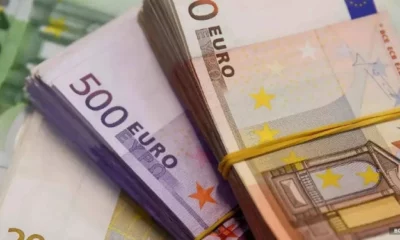Business
Big fear in Nigeria as naira nears N1000 per dollar
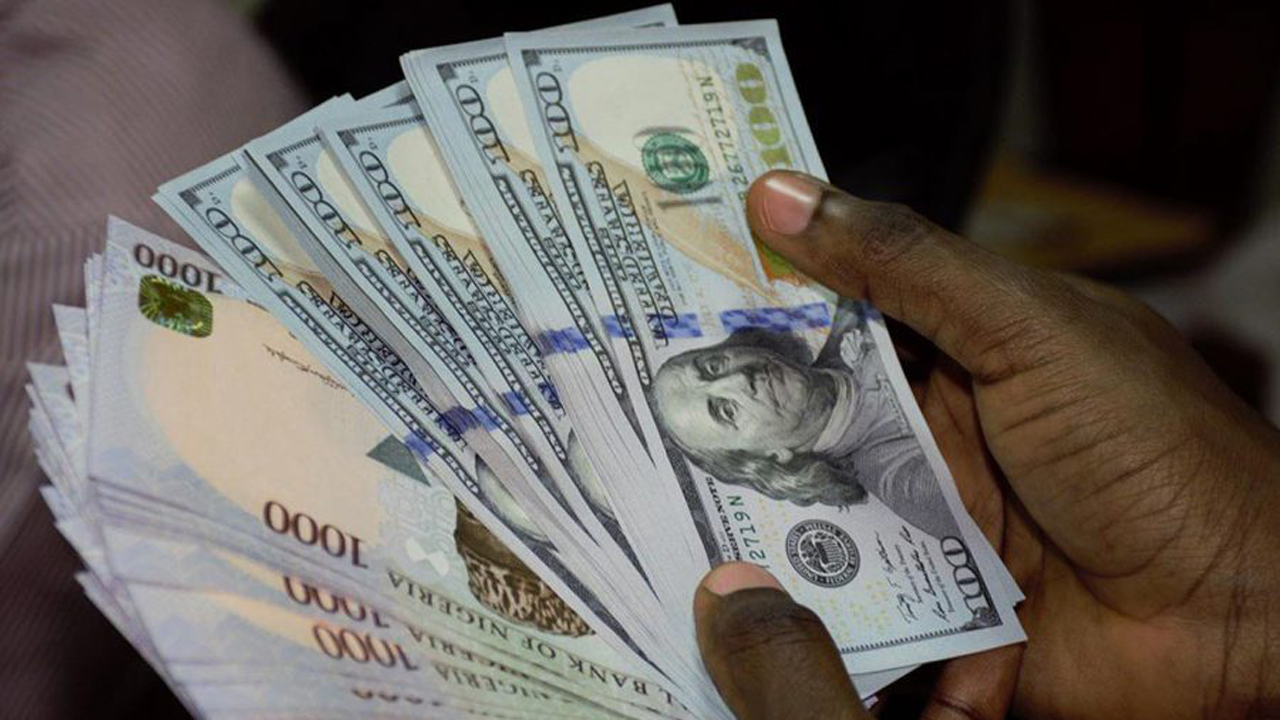
Nigeria’s currency, the Naira, has been on a downward spiral against the US Dollar for the past two months following the Central Bank of Nigeria’s decision to float the Naira. This move has exacerbated the challenges facing Africa’s largest economy.
Since the forex market was liberalized by the Central Bank on June 14th, the Naira’s value has consistently weakened against the Dollar. It has depreciated from N750/$1 on the black market to N950/$1 as of August 14th.
A growing concern is the widening gap between the official exchange rate and the parallel market rate, with a difference of N181. This development appears to contradict the original intention of the Central Bank’s decision to float the Naira.
Experts in the field suggest that the ongoing investigation of the Central Bank by special investigator Jim Obazee, appointed by President Bola Ahmed, might have contributed to the Naira’s depreciation. The Central Bank’s recent release of consolidated financial statements reveals an outstanding debt of $7.5 billion to JP Morgan and Goldman Sachs, coupled with a foreign reserve of $33.88 billion. These factors, among others, have contributed to the lingering forex crisis, according to economists like Prof Uche Uwaleke.
In response, Acting CBN Governor Folashodun Shonubi has attributed the currency troubles to undocumented forex remittances and the unregulated parallel market.
The continuous slide of the Naira against the Dollar has had far-reaching implications on Nigeria’s fuel-dependent economy. Oil marketers have even hinted at potential further increases in petrol prices due to the escalating Dollar value. This would directly impact the population, already grappling with the fallout from the removal of petrol subsidies in June, which led to a rise in fuel prices.


